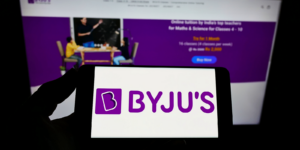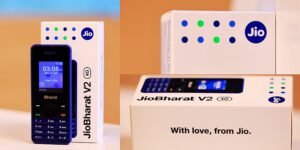Toyota has recently announced a series of strategic advancements aimed at the optimisation of its electric vehicle (EV) line-up. Aiming to establish a significant presence in the EV market by 2026, Toyota’s plan involves annual sales of up to 1.5 million EVs.
The central point of Toyota’s strategy is the implementation of solid-state batteries by 2027 or 2028. Known for their superior energy storage and faster charging capabilities compared to traditional lithium-ion batteries, solid-state batteries have been seen as a game-changer for EVs. Toyota claims to have made significant progress in addressing known durability challenges with these batteries.
Furthermore, Toyota is planning to unveil a new EV in 2026 that is powered by an improved, energy-dense battery. This battery will offer a range of 1,000 km per charge, require less than 20 minutes to charge, and will be 20% cheaper than the battery in their current EV, the bZ4X.
Toyota is also revamping its manufacturing process. Taking a leaf out of Tesla’s book, Toyota is adopting Giga casting – a production process that reduces complexity and cost. Combined with self-propelled vehicles and digital technology on the assembly line, Toyota expects to cut the factory costs for new vehicles by half.
In a bid to extend the driving range of its EVs, Toyota is collaborating with Mitsubishi Heavy Industries’ rocket designers to enhance vehicle aerodynamics. The goal is to achieve a drag coefficient of 0.1, thereby increasing vehicle efficiency.
Toyota is also introducing smaller propulsion units known as “eAxles,” which combine electric motors and other EV propulsion components. These units will improve the range and increase cargo space. Additionally, Toyota is developing silicon carbide semiconductors for use in next-gen EV inverters, which could reduce power loss to the electric motor by up to 50%.
Despite their ambitious plans, Toyota has faced scrutiny from critics who argue that they are not sufficiently invested in the race for battery-powered cars. Toyota has refuted these claims, affirming its commitment to electrification and setting a goal to sell 3.5 million EVs annually by 2030.
In terms of battery technology, Toyota is debuting a next-gen lithium-ion power pack that will double the range of the current power pack used in the bZ4X electric crossover. This new battery will provide a driving range of 621 miles, cost 20% less than Toyota’s current EV batteries, and offer faster charging times.
Through these strategic advancements, Toyota is positioning itself as a front-runner in the global EV market, offering high-quality, affordable, and environmentally friendly vehicles.










